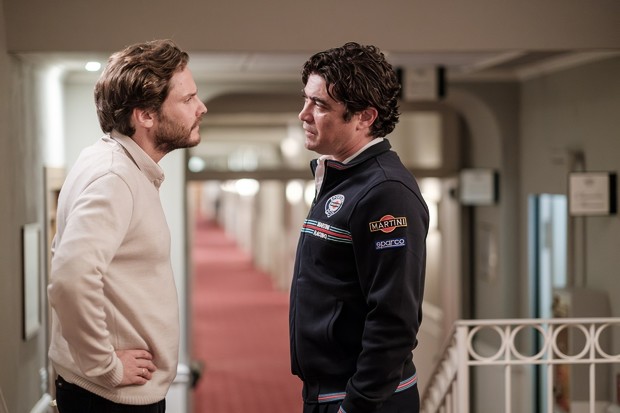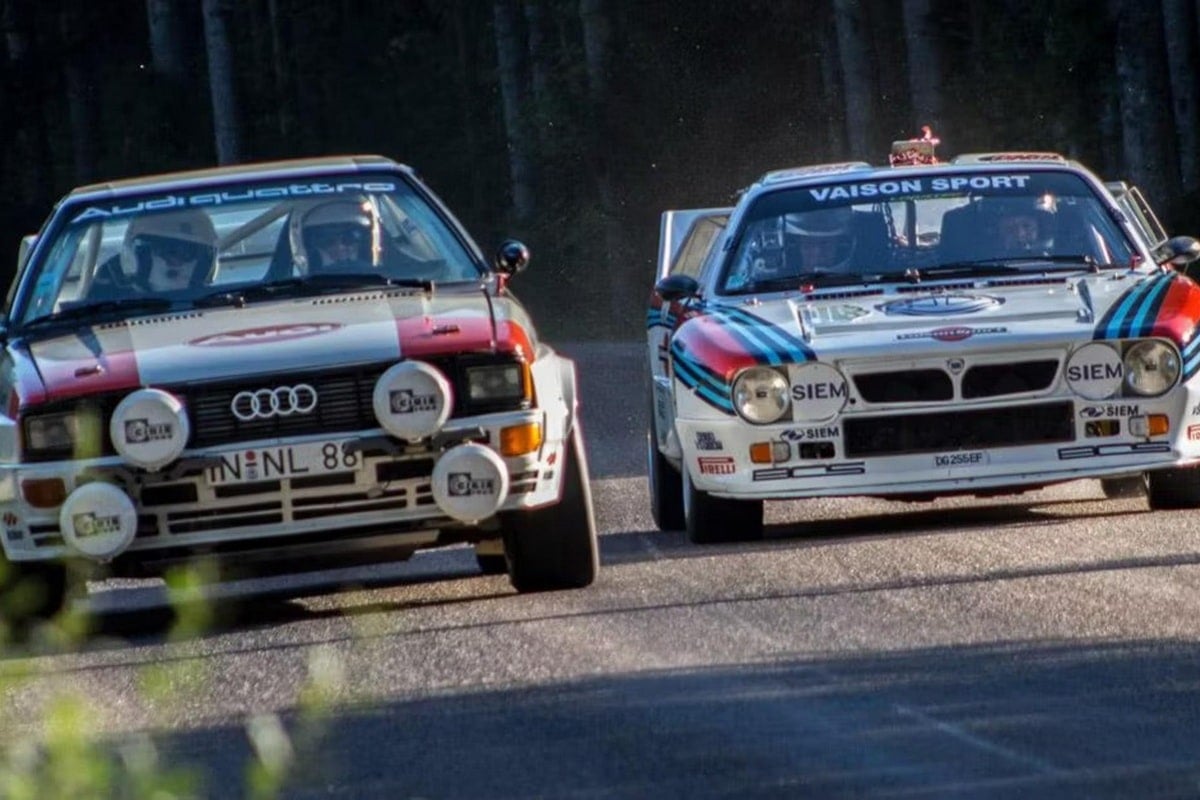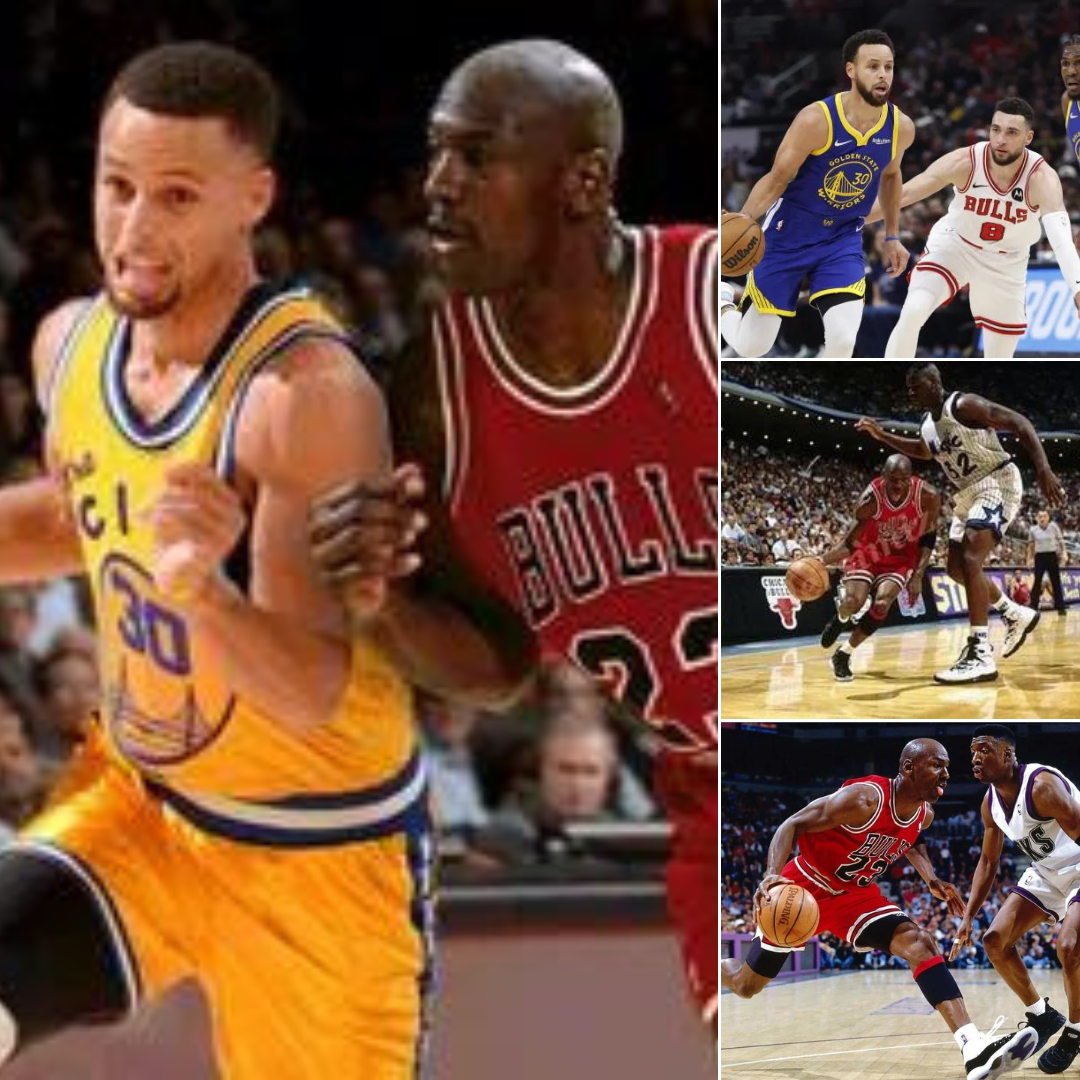Stefano Mordini masters the technique required for the motor racing genre, but his protagonists lack depth of character compared to predecessor movies of this kind

Daniel Brühl and Riccardo Scamarcio in Race For Glory – Audi vs Lancia
Following its release in France by way of Metropolitan Filmexport and on VOD platforms in the UK, Race For Glory – Audi vs Lancia [+] by Stefano Mordini is hitting Italian cinemas tomorrow, 14 March, via Medusa, on the heels of Michael Mann’s 90 million-dollar biopic Ferrari [+], which was presented in competition in Venice and which was a slick, overly reflective and well-acted flop in international box office terms. Within the limits of a European budget, Mordini’s Italian-French-British co-production is set in the world of car rallies in the 1980s, specifically 1983, when the Lancia team, led by Cesare Fiorio (Riccardo Scamarcio), faced off against the powerful Audi team in a World Championship which would go down in history.

The genre of motor racing had been wholly ignored by the Italian film world until the triumph of the talented Matteo Rovere’s Italian Race [+], which was striking for its unique filming approach. A keenly desired movie on the part of the co-producer, actor and co-screenwriter (who was joined by co-writers Mordini and Filippo Bologna), the film was tasked with capturing the imagination of audiences who were looking to experience the thrill of car racing as it felt at the time, paying careful attention to technical-mechanic details and featuring action scenes where realism would act as a counterpoint to franchises like Fast & Furious. The script behind Rovere’s film delved into family relationships and problems stemming from drug addiction. Here, however, it’s a classic medieval-style chivalrous duel which, if anything, takes us back to the battle between Niki Lauda and James Hunt in Ron Howard’s Rush [+]. The wonderful actor who played Lauda in this movie – Spanish-German talent Daniel Brühl – is now stepping into the shoes of Fiorio’s formidable rival Roland Gumpert – the German engineer who led Audi to win 25 world rally championships (in real life) – in Race For Glory. As ever, the pair admire one another from afar but challenge one another at close range, separated by mere metres of tarmac: Audi has the advantage of a four-wheel drive over the Lancia 037’s rear-wheel drive, but the latter is ultimately lighter.

The story presents, therefore, as a confrontation between two brilliant engineers and team managers, rather than two drivers, who consist of reluctant champion Walther Röhrl, played sensitively by Germany’s Volker Bruch, on the side of Lancia, and Finland’s Hannu Mikkola (Gianmaria Martini) representing Audi. The two teams’ cars chase one another along gravel roads and over dangerous speed bumps in Montecarlo, Finland, Greece and Liguria, while Fiorio, known for his problem-solving capabilities, turns to every possible strategy and trick without ever stepping outside of the rules – in perfect Italian cliché style – in his obsessive quest for victory.

Mordini demonstrates mastery of the film language techniques required by this genre, alternating enthralling outdoor scenes with interior shots of the cars, highlighting, moreover, the role played by the navigator, who sits alongside the driver in rallies, which never happens in Formula 1. The screenplay, however, overeggs Fiorio’s (somewhat vacuous) philosophy of triumph, his own personal “art of war” approach, without lending any real depth to the characters – there’s no mention of his private life – or, ultimately, the duel itself. The character of Italian mechanic Ennio (Giorgio Montanini) could have been better explored, as in James Mangold’s Le Mans ‘66, which revolved around the collaboration and friendship between cautious former driver Matt Damon and exuberant mechanic Christian Bale. But the main priority here was to avoid the sexy, self-destructive physicality that is so typical of the genre, along the lines of James Hunt (Chris Hemsworth) in Rush – all about cigarettes, alcohol and women – or, going further back in time, iconic forerunners Steve McQueen and Paul Newman.
Race For Glory – Audi vs. Lancia is produced by Lebowski and RAI Cinema in co-production with Metropolitan Filmexport, Davis Films, Recorded Picture Company and HanWay Films – who are also handling international sales – in association with MAS.





